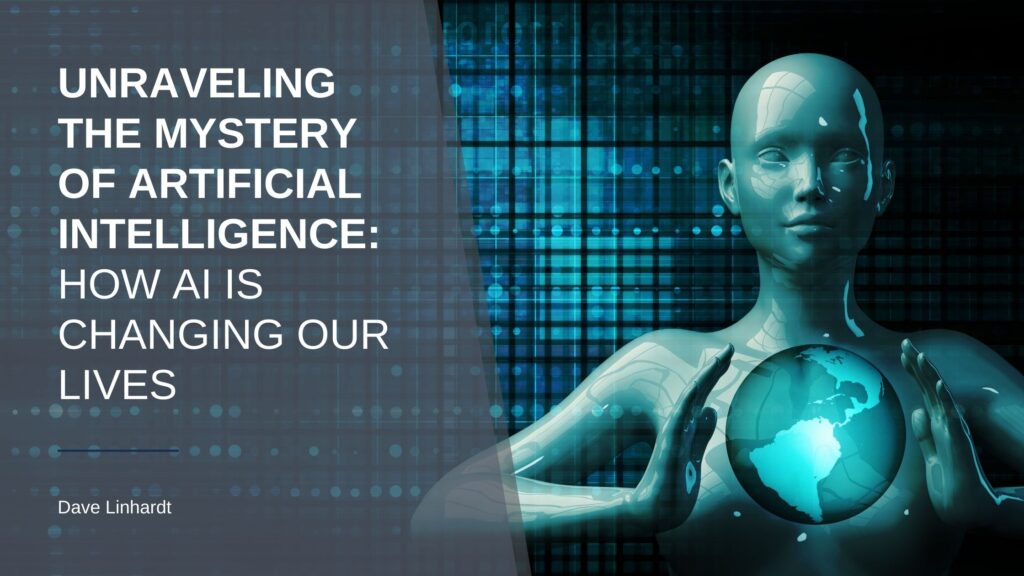
Artificial Intelligence (AI) is a transformative technology that is reshaping various aspects of our lives, from the way we interact with technology to the industries we work in. AI is a branch of computer science that enables machines to mimic human intelligence, perform tasks, and make decisions with little or no human intervention. The rapid advancements in AI have led to a myriad of applications, revolutionizing industries, improving efficiency, and enhancing everyday experiences.
Personal Assistants and Smart Devices:
One of the most visible ways AI has impacted our lives is through personal assistants and smart devices. AI-powered virtual assistants, such as Siri, Alexa, and Google Assistant, have become integral parts of our daily routines. They can answer questions, set reminders, play music, control smart home devices, and even initiate tasks based on voice commands.
Recommendation Systems:
AI-driven recommendation systems are prevalent on online platforms, including streaming services, e-commerce websites, and social media platforms.
Predictive Analytics and Decision-Making:
AI has revolutionized predictive analytics, enabling businesses to make data-driven decisions. Machine learning algorithms analyze vast amounts of data to identify patterns, trends, and insights that can guide strategic planning and optimize operations.
Autonomous Vehicles and Transportation:
AI is at the core of the development of autonomous vehicles, transforming the transportation industry. Self-driving cars and drones rely on AI algorithms, sensors, and computer vision to navigate and make real-time decisions, promising safer and more efficient transportation in the future.
Healthcare and Medical Diagnosis:
AI is making significant strides in the healthcare sector. Machine learning algorithms can analyze medical data, assist in medical diagnosis, and predict patient outcomes.
Robotics and Automation:
AI-powered robotics and automation have impacted various industries, including manufacturing, logistics, and customer service. Robots equipped with AI can perform repetitive tasks with precision and efficiency, leading to increased productivity and cost savings.
Financial Services and Fraud Detection:
In the financial industry, AI algorithms are used to detect fraudulent transactions and assess credit risk. AI-driven chatbots assist customers with financial inquiries and help streamline customer service.
Gaming and Entertainment:
AI is transforming the gaming industry, enhancing the realism and complexity of video games. AI-controlled characters in games exhibit more sophisticated behaviors and adapt to players’ strategies, creating immersive and challenging gaming experiences.
Emotional AI and Mental Health:
AI is increasingly being used to analyze facial expressions and voice patterns to detect emotions. Emotional AI has applications in mental health, enabling early identification of emotional distress and supporting individuals with mental health issues.
AI is no longer just a futuristic concept but a reality that is transforming our lives in profound ways. From personal assistants and recommendation systems to autonomous vehicles, healthcare, gaming, and environmental conservation, AI is touching almost every aspect of our daily lives. While the benefits of AI are undeniable, there are also ethical considerations surrounding data privacy, security, and the potential impact on jobs and human interactions.